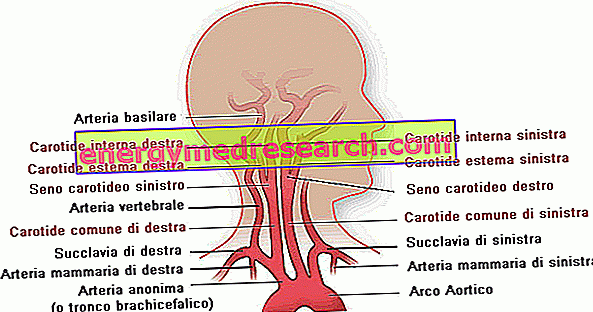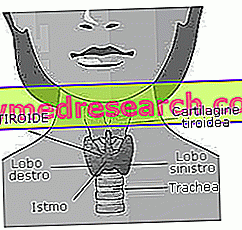Related articles: Night terror
Definition
Night terror (also called pavor nocturnus ) means a partial awakening from deep sleep, characterized by a state of intense agitation.
The phenomenon occurs during non-REM sleep, usually shortly after falling asleep (instead, nightmares occur in the REM phase). Night terror is a frequent disorder especially in children aged between 2 and 12 years; it occurs intermittently and for short periods, therefore it shows a gradual and spontaneous remission over time.
The episodes of nightly fear may appear dramatic: the child cries, cries, seems frightened, can wriggle and does not respond to attempts at comfort. Heart rate is increased, breathing is short and frequent. Pavor nocturnus is also accompanied by pallor, excessive sweating and muscle stiffness. In general, the child goes back to sleep after a few minutes and, unlike nightmares, does not remember these episodes in the morning.
Night terror is part of the parasomnia group, that is, non-pathological disturbances of sleep, such as sleepwalking and hypnagogic hallucinations.
In general, the pavor nocturnus tends to limit itself and does not require any treatment, although it may continue for years. However, if the disorder persists during adolescence or adulthood, an anxiolytic or antidepressant therapy may become necessary.
The causes of night terror are not yet clear, but it seems that stress and conditions that disturb sleep are apparently involved: sound or light stimulations during rest, fever, bladder distension, adenoid hypertrophy, sleep apnea and alterations of the hydro-saline balance .
Possible Causes * of Night Terror
- Hypertrophic adenoids
- adenoiditis
- Anxiety
- Night apnea



